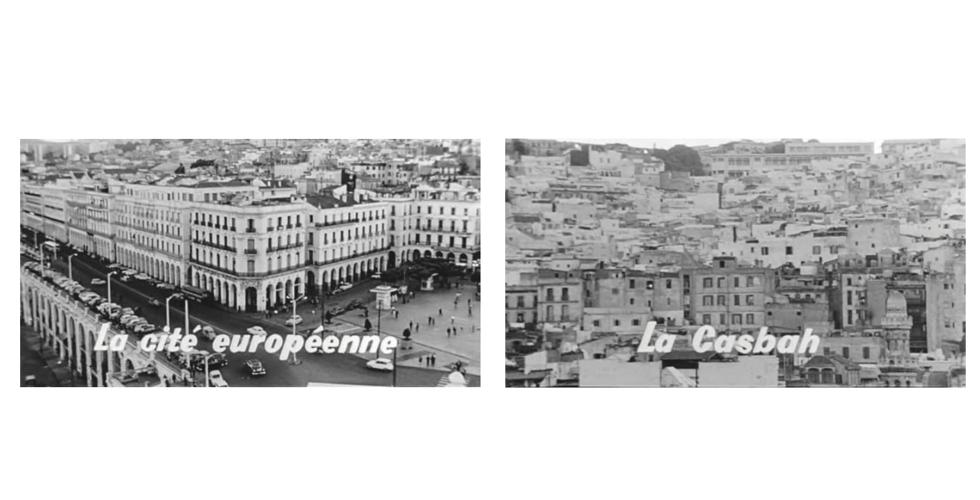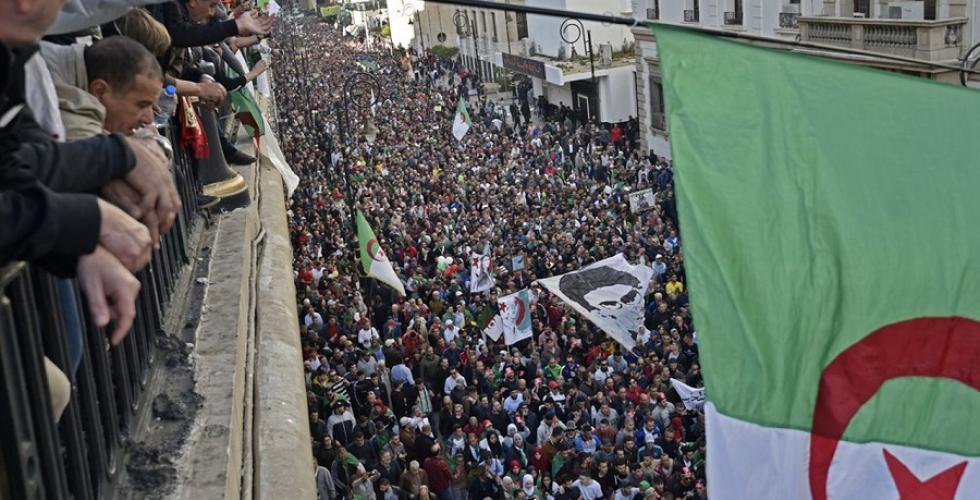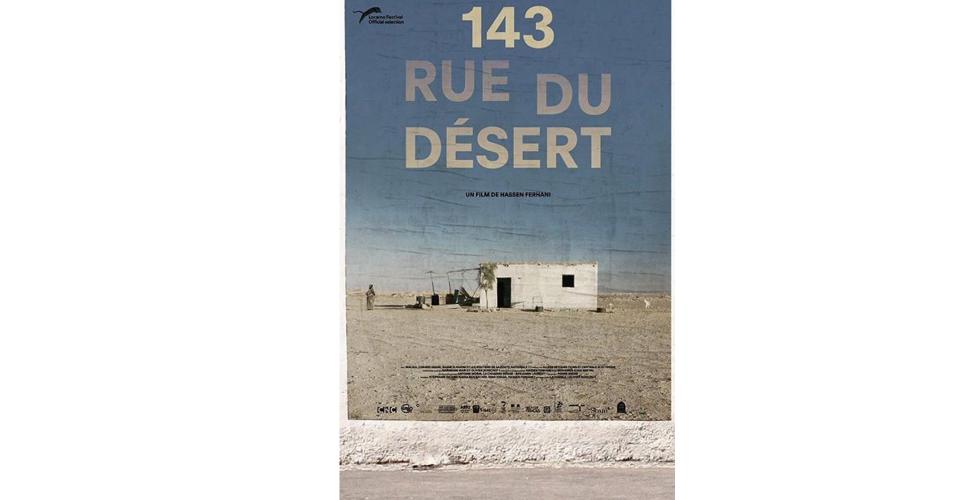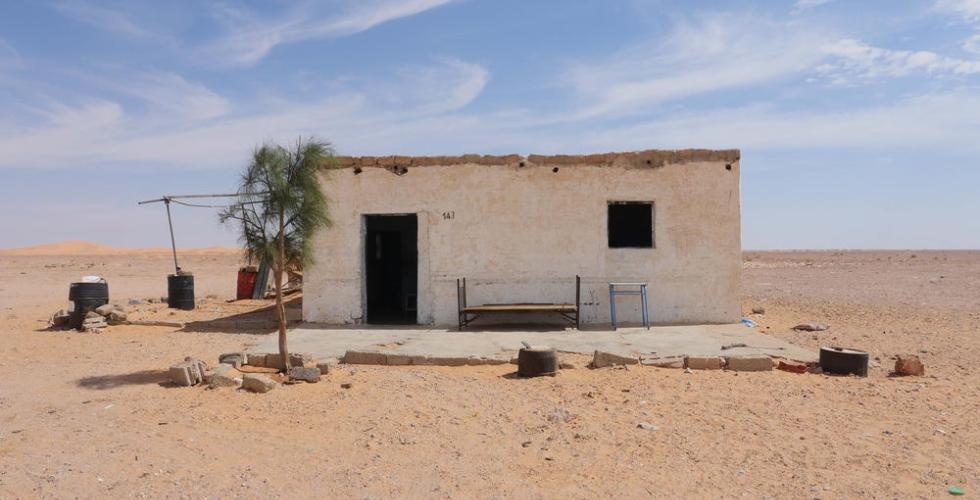Remapping Algeria: Poetics and Politics
This course explores representations of space in contemporary Algerian literature and film, considering how spatial imaginaries engage with changing social and political landscapes. The arts in Algeria have often been approached from the perspective of their narration of national history, notably the country’s emblematic War of Independence against France (1954-62). Recent literature and film certainly haven’t abandoned the exploration of history and by extension the work of memory and mourning, but they also attend, in self-conscious and explicit ways, to contemporary social and political dynamics distilled in the experience of space. Contemporary examinations of issues such as urban overcrowding, intra and inter-national migration, environmental damage and development and speculation can indeed be read as tacit challenges to the ruling regime’s quest for legitimacy in the commemoration of the heroic past. In this seminar we consider the forms of spatial representation in contemporary Algerian literature and cinema. We also look ‘outside’ the text/image at the sites and physical locations of cultural production. For example, we explore the work of publishing houses and book fairs, film festivals and cine-clubs, arts associations and literary cafes. Even the most assertively ‘realist’ films and novels can leave us with a sketchy and remote sense of ‘location.’ In this course we take a ‘3-D’ approach, juxtaposing textual descriptions and film mages to other sources and modes of apprehension. Throughout the course our inquiry will be guided by questions about the poetics and politics of space, the definition and variety of public and private spaces, and the role of cartography as a technology of power and contestation.
The course is the second in a series of Andrew W. Mellon Foundation-supported seminars on topics related to spatial inequality.
The course methodology is cross-disciplinary, combining a primary focus on the arts, particularly novels, image-texts, and feature and documentary films, with readings in sociology, critical geography and urban and architectural history. We draw on seminal theoretical approaches to the experience and representation of space, including the influential French tradition represented by Henri Lefebvre, Michel de Certeau and Guy Debord, for whom colonial Algeria and the wider Mediterranean furnished crucial points of reference. Offered in conjunction with Columbia’s Center for Spatial research, the course has an important cartographic component. Students explore how, since the colonial era, Algeria has been mapped and remapped, considering the political and economic investments that have underpinned these cartographic practices.
Through a 1.5 credit CSR workshop, Questions in Spatial Research, they receive technical instruction in digital cartographic methods and develop skills to undertake projects that reflect their own questions and modes of enquiry. All student projects developed in the course will be published online.
This course may be of interest to students who are studying or who speak French or Arabic but no foreign language competency is required. Readings will be made available in the original language(s) and in English translation. Films and other visual media shown in the course are subtitled. Previous knowledge of digital mapping techniques is also not required: these skills will be taught in the 1.5 credit, 6-week digital mapping workshop (Methods in Spatial Research) that students take on Friday mornings in conjunction with the course. If you register for Remapping Algeria, you should also register for this workshop. There are no prerequisites, but this course is most suitable for undergraduates who have completed previous coursework in urban sociology/anthropology, Francophone or comparative literature, film studies, or African/Middle-eastern studies, as well as for MA/PhD students.
The course carries 3 credits and counts toward the global core requirement.
French GU4440 - 3 Credits
Tuesday 2:10 -4pm, Online only
Call number: 11991 Madeleine Dobie, Professor of French and Comparative Literature
Open to students within GSAS, GSAPP, Barnard and Columbia Colleges, and others by permission



